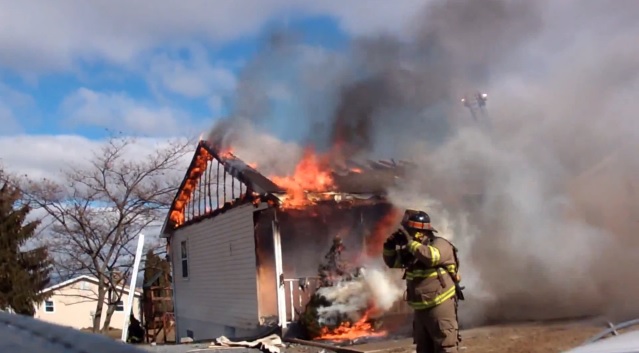TV news report says DC ambulance crew drove past house to nearby fire station to get crew there to take call. Report of 15 minute delay.
Click here to follow STATter911.com on Facebook (hit “like”)
Could an ambulance switch have kept an elderly woman with a head injury from getting to the hospital in the quickest way possible?
That is what D.C. Fire and EMS officials are investigating after learning that two ambulance crews may have actually discussed the transport amongst themselves while a 93-year-old woman who was injured in a fall waited for help.
“We dispatch our closest unit to the emergency,” says Assistant Chief For Operations Timothy Gerhart.
But instead of driving directly to the woman’s home, sources tell FOX 5 Ambulance 6 drove past her house to Ambulance 29’s station and insisted they transport her instead.
“Ambulance 6 was dispatched, and currently we’re looking into why Ambulance 29 was consequently dispatched to the emergency,” Gerhart says.
For ambulances to switch assignments like that, EMS officials say the Office of Unified Communications would need to be notified, as well as records updated, among other things. All of that adds to the response time.
Sources say switching out those two ambulances caused a 15 minute delay in getting this 93-year-old woman with a head injury to the hospital. Fortunately, she survived and is now recovering at home after a five-day hospital stay.
New York Times Editor David Rosenbaum wasn’t so lucky. He was injured in a robbery, but the EMS crew misdiagnosed him, and transported him to the hospital as a low priority patient. He died two days later.
D.C. Fire and EMS has been under fire ever since to revamp its system so that seriously injured people get to the hospital in less than seven minutes.
“We expect our emergency vehicles to get on the scene as quickly as possible when they’re dispatched to a response, and that’s why we’re investigating it very actively and we will take appropriate action,” Gerhart says.
Gerhart says GPS tracking data from the ambulances is key, but he says it’s too soon to say if any discrepancies were uncovered.
It is also too early to say if the delayed response has hampered the 93-year-old woman’s recovery.
Do you want to sell a rig? Click HERE to find out how with SellFireTrucks.com.






